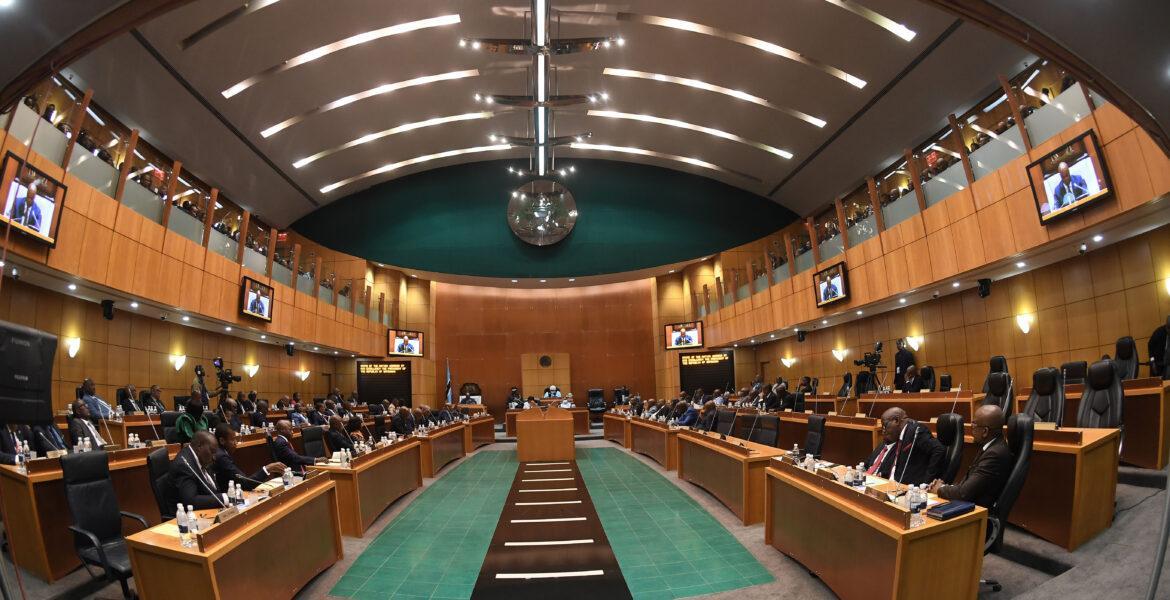Africa-Press – Botswana. The government has a steep and slippery hill to climb as the road to economic recovery remains uncertain.
Analysts have previously warned that expectations on the government should not be high given challenges facing the country amongst them limited economic growth prospects, many poorly-conceived policies, an inefficient and bloated public sector, persistent problems of inequality, poverty and unemployment.
The latest commentary from independent consultants, Econsult, indicates that these challenges will continue to persist as the economic outlook remains blurry. While the International Monetary Fund (IMF) expects -0.4 per cent economic growth, the Econsult say it will be zero per cent and Moody’s and Standard and Poor’s, while they maintained Botswana’s credit rating, have changed the outlook from stable to negative.
“The projected further reduction in diamond output will drag down overall growth, as in 2024, offsetting hopes for positive growth in the non-diamond sector,” the commentary from Econsult reads.
This, it said, adds pressure for long-needed economic reforms to improve the business climate and boost private sector growth. Econsult expects government to introduce specific reforms to stimulate growth across a range of sectors and move beyond good intentions and generalities.
“Critical measures include regulatory reforms, liberalisation of immigration rules, opening up of borders, reform of restrictive public procurement rules, and dealing with inefficient state-owned enterprises that are crowding out the private sector,” the economic commentators at Econsult note.
The slump in the diamond market has negatively affected government finances, and fiscal mineral revenues are now estimated at P8.7 billion for the 2024/25 financial year, compared to the P25 billion projected in the 2024 budget. It is therefore estimated that the budget deficit for the year has accordingly blown out from P8.7 billion to P24.7 billion.
Econsult notes that the government has faced severe challenges in financing a deficit of this magnitude, and had to draw down the final savings balances that underpinned government liquidity in the past. The Government Investment Account (GIA) fell to a paltry P250 million in December 2024, down from P8.6 billion a year earlier.
“Domestic bond issuance slightly undershot the original net borrowing target of P9 billion, and government in the end had to use unconventional financing measures, including borrowing from the Botswana Public Officers Pension Fund (BPOPF) and taking an overdraft from the Bank of Botswana, and even so it is believed that there was a significant increase in payments arrears to suppliers,” notes the analysts.
They note that the 2025 Budget has done little to move away from this unsustainable trajectory, and has included some unrealistic projections about a recovery in mineral revenues.
“Spending is still projected to increase, and there is still a huge budget deficit, but with a greater financing role for external borrowing than in 2024/25. Now that the GIA has been depleted, deficits have to be financed entirely by borrowing; the result is a rapid increase in the level of public debt that is set to hit the statutory debt limit within the next 1-2 years,” reads the commentary from Econsult.
For More News And Analysis About Botswana Follow Africa-Press






